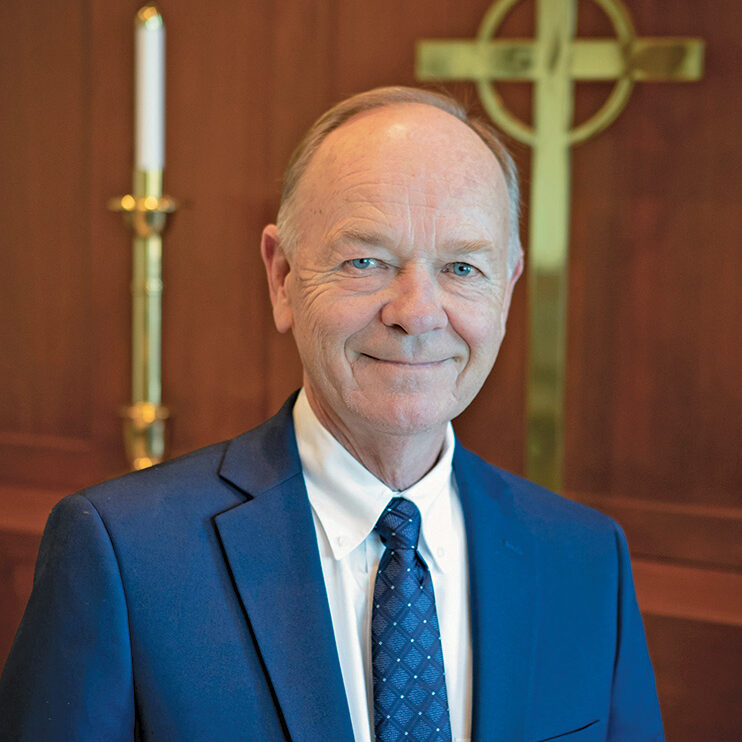 |
The news usually comes in an announcement after worship. Your pastor or one of the teachers in your school has received a divine call to serve in another place. That announcement comes as the result of a process that began with the vacancy in the other church, and it signals the start of another process as your called worker now prayerfully considers and decides where he or she will serve in the future.
Although calls for staff ministers and teachers are similar, for simplicity’s sake, let’s use the example of a pastoral vacancy. When a congregation has a vacancy in the office of pastor, the leaders of the congregation typically take time to discuss and determine the ministerial needs and ministry plans of the congregation. Often the district president takes part in that discussion, providing advice on the factors that the congregation should consider and listening carefully to the needs of the congregation. Relying on that information, the district president compiles a list of pastors who, in his judgment, would fit the needs of the congregation. He shares that list, which includes biographical information and a brief summary of the skills and previous experience of the pastor, with the congregation.
For the sake of good order and out of consideration for congregations and pastors, district presidents follow several guidelines. One guideline is that pastors should serve in a congregation for four years before receiving another call. In addition, a pastor should receive a call no more than every six months and should receive only one call at a time. Sometimes circumstances indicate that exceptions to these guidelines should be made, and, despite efforts to avoid it, a pastor may receive two calls at the same time.
Once the district president presents the list of candidates to the congregation’s voters’ assembly, they pray for the Holy Spirit’s guidance, discuss each candidate, and conduct an election. When one person receives the majority of the votes, a motion is made to make the election unanimous. This emphasizes that all members are expressing their full support of the new pastor if he accepts the call.
The pastor is informed that he has been called to the new congregation. Now begins his prayerful consideration of where he will serve. If the pastor is serving in his current congregation by a call from God, why does he decide where he will serve? The answer is that he now has two calls, both of which are from God.
How does a pastor decide between those two calls? He considers many things. He talks to the leaders of both congregations. He consults with coworkers. He discusses it with his wife and family. And, most important, he prays for God’s guidance.
A pastor will think about several factors. He might naturally consider the health and welfare of his family and the availability of Christian education for his children. But these alone will not determine his final decision. In the end, only two questions will bring him to a God-pleasing decision: “Where can my talents and abilities best be used in God’s church? Where will my weaknesses and limitations do the least harm?” Those are questions that require a pastor to take a careful and honest look at himself and how he will best serve God’s people.
The answers to those questions will determine his decision. And when those questions are sincerely asked and honestly answered—regardless of what the answer is—the pastor has his decision. In that decision, both congregations and the pastor himself are blessed.
Author: Mark G. Schroeder
Volume 106, Number 8
Issue: August 2019
- A very safe prediction for 2019
- President’s message: Whose finest hour?
- President’s message: Safe in the power of God
- Focus on what is ahead
- Looking for perfection
- Bringing Back Some Memories
- No contradiction at all
- More about the divine call
- A few words about the divine call
- An unexpected mission field
- In defense of millennials
- No time for silence
- Hindsight shows God’s blessings
- Not just an emotion







